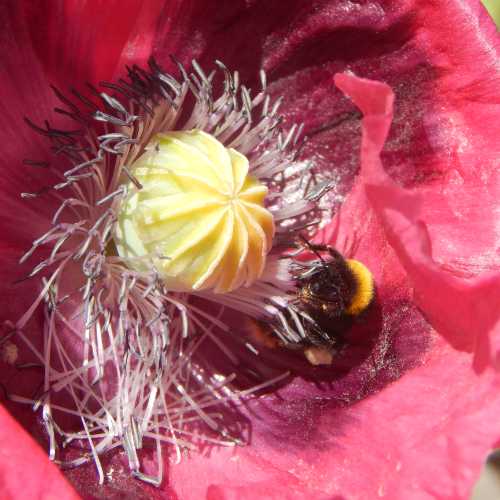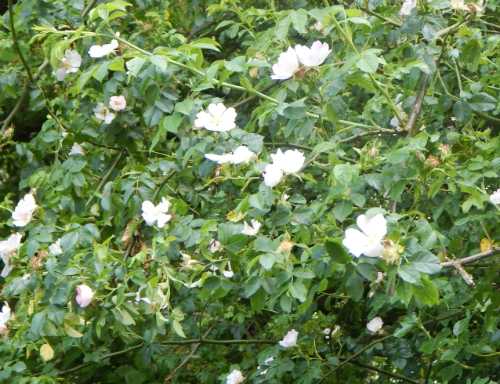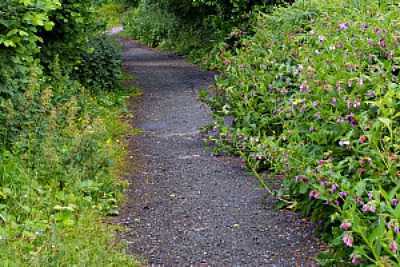Why Are Bees Not Visiting My Garden?
Several years ago, I wrote about this on my page: Where have all the bees gone?
However, I recently received a similar query, and thought it was worth looking at again:
"Good afternoon.
I’m very concerned about the lack of honey bees in my garden.
Due to the plants we have, we usually see a lot of bees, but this year they seem to have more or less disappeared. Are other people noticing the same thing in their gardens?
I would appreciate your views on this.
Hope to hear from you soon."
Cheryl, UK
The question is whether this query intentionally relates only to honey bees, or whether the writer meant to refer to bee species generally.
This is an important distinction to make. A lack of honey bees could be evident for the simple reason that a person nearby used to keep bees, but no longer chooses to do so, or alternatively, the beekeeper moved house.
If Cheryl's garden offers many flowers that are attractive to pollinators, then a lack of bee species generally could be occurring for a variety of reasons, including a symptom of general decline.
However, it could also be that just at this time, an alternative food source has become available that is especially attractive. A "bee spotting walk" around the local area could confirm whether this might be the case. It's a good idea to look up too, since bees may be foraging high up on tree blossoms. It's important to note that the local environment can change for different reason, which you may or may not be aware of.
For example, comfrey is very attractive to bees. Whereas at one time, there was no comfrey growing around the corner from where I live, it now grows in abundance, and may be visited in preference to other flowers. Unless, that is, a local land owner cuts back the verge where the comfrey grows! Changes as simple as this can impact what you see in your own garden.
I am not dismissing the fact that bee decline is of grave concern, but sometimes there is a more simple explanation.
It is, however, important that we all continue to do what we can to help the bees, and in particular, that we provide lots of nectar and pollen rich flowers and plants to feed the bees through the seasons.
If you found this page helpful or interesting, I'd really be grateful if you would share it with others - if not this page, perhaps another, such as Gardening For Bees.
Thank you so much :) .


